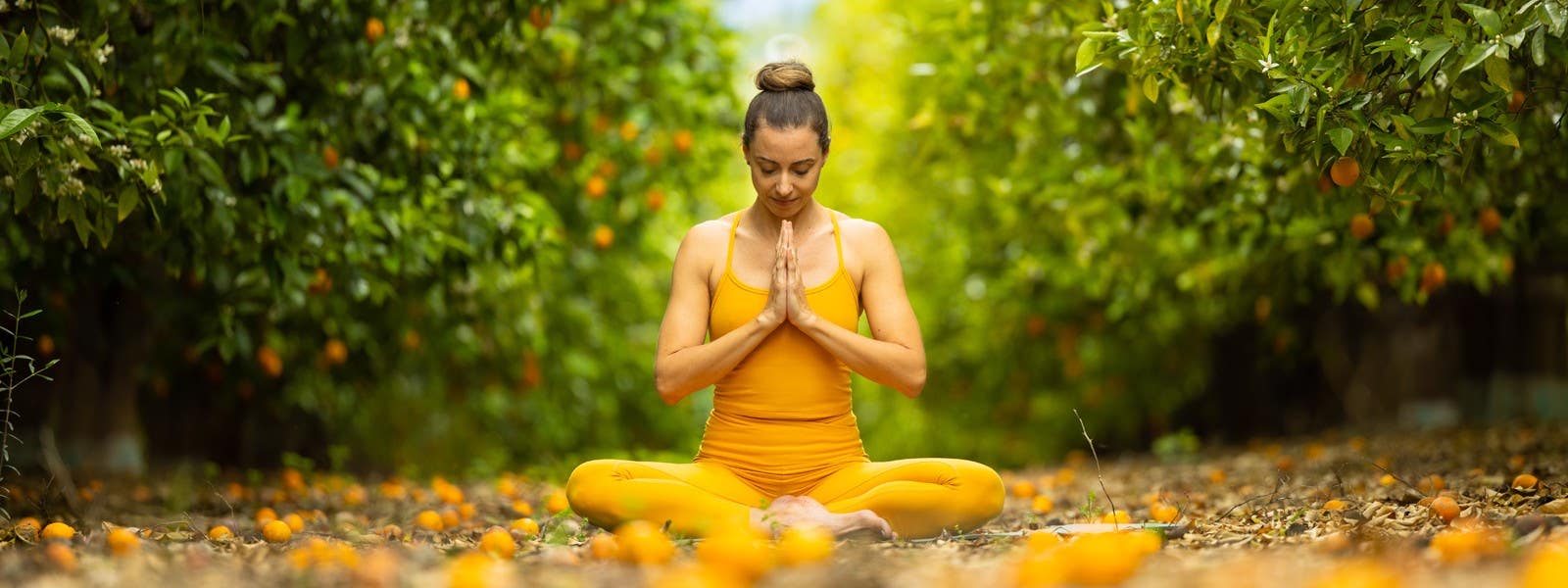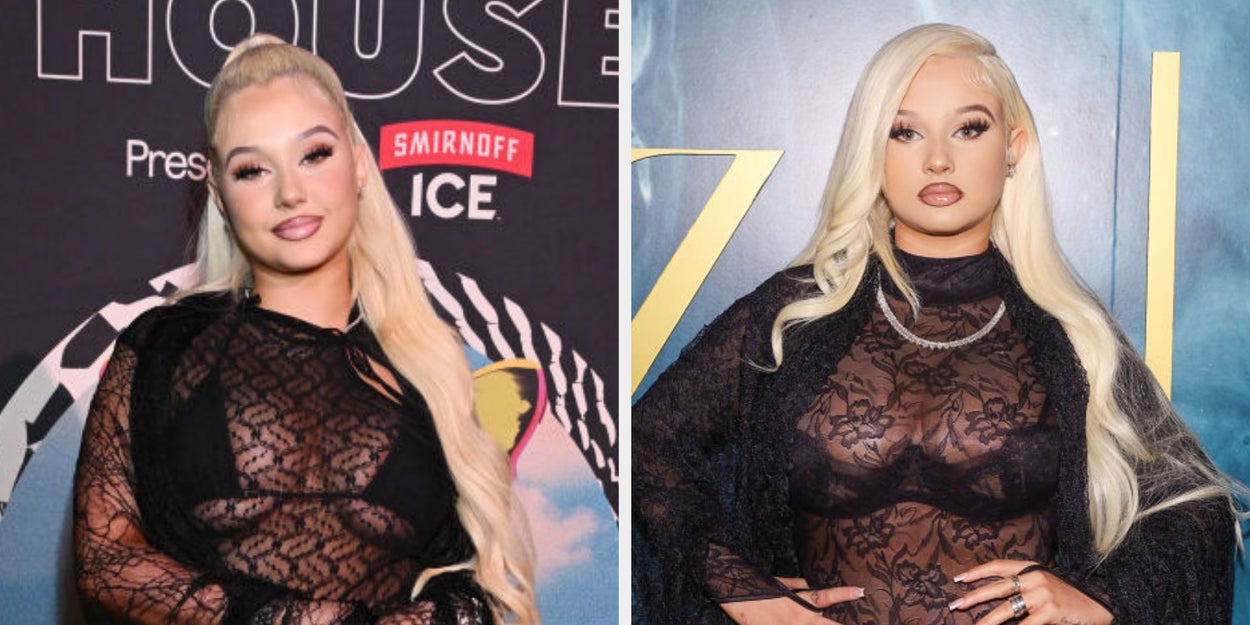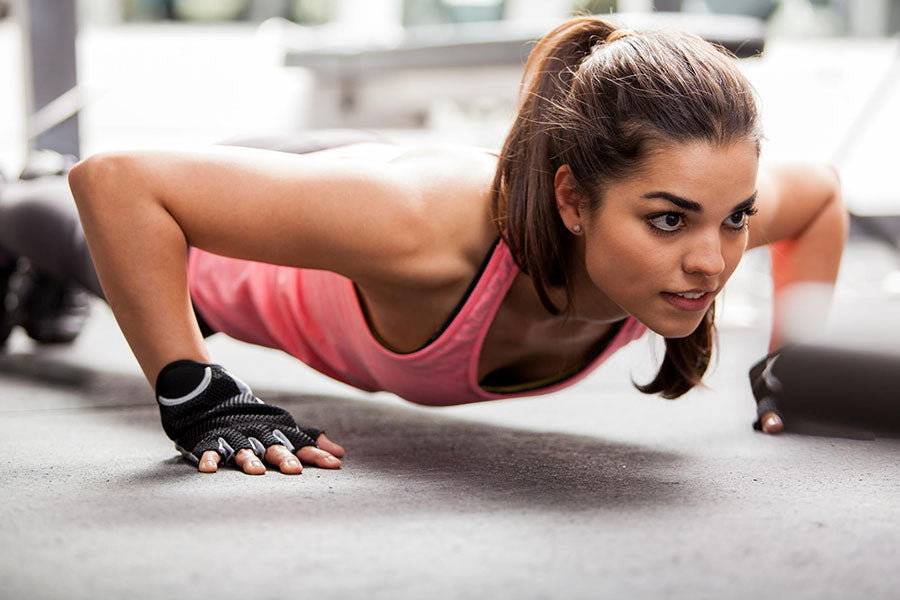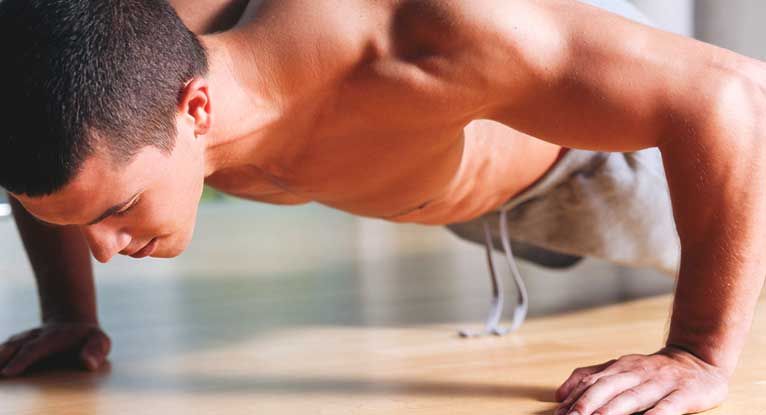Building a bigger chest isn’t just about bench presses and push-ups. What you eat plays a powerful role in how your muscles grow and recover. The right nutrition fuels your body, supports muscle repair, and helps you gain lean size in the chest area. In this guide, we’ll break down everything you need to know about chest-building nutrition, from tips and key foods to a sample weekly meal plan.
Why Nutrition Matters for Chest Growth
Fueling Muscle Recovery
After you hit your chest hard in the gym, your muscle fibers break down. This is normal. But to rebuild those fibers stronger and larger, your body needs the right fuel. Protein, carbs, and fats all play a role.
Maximizing Growth Hormone Release
Certain nutrients help your body naturally release growth hormones, like testosterone and IGF-1, which play key roles in muscle development. Without a balanced diet, you may leave gains on the table.
Essential Nutrients for Chest Growth
Protein: The Foundation of Muscle
Muscles are made of protein, and you need enough of it daily to repair and grow. Aim for about 1.6 to 2.2 grams of protein per kilogram of body weight.
Great sources of protein:
- Chicken breast
- Lean beef
- Greek yogurt
- Eggs
- Whey protein
Carbohydrates: The Energy Source
Carbs give your body the fuel it needs to crush your workouts and recover afterward. Don’t fear carbs—choose the right ones.
Best carb sources:
- Brown rice
- Oats
- Sweet potatoes
- Quinoa
- Bananas
Healthy Fats: Hormone Support
Fats are crucial for hormone production, especially testosterone. Go for unsaturated fats, and keep trans fats out.
Healthy fat sources:
- Avocados
- Olive oil
- Nuts and seeds
- Fatty fish like salmon
Top Foods to Build a Bigger Chest
Chicken Breast
Lean and packed with protein, chicken breast is a staple in any muscle-building diet. It’s low in fat and versatile in cooking.
Eggs
Eggs are loaded with high-quality protein and healthy fats. The yolk contains important vitamins for recovery.
Greek Yogurt
Greek yogurt gives you casein and whey protein in one. It’s ideal for muscle growth and gut health.
Salmon
Salmon is rich in omega-3 fatty acids, which reduce inflammation and help your muscles recover faster.
Oats
Start your day with oats for slow-digesting carbs that fuel your workouts and keep energy levels high.
Almonds
A great snack for healthy fats, protein, and magnesium, which supports muscle function and recovery.
Broccoli and Spinach
These greens are high in antioxidants and fiber, helping your body recover and absorb nutrients efficiently.
Pre- and Post-Workout Nutrition
Pre-Workout Meal Tips
Eat a balanced meal 60–90 minutes before your chest workout. Combine protein and carbs for energy and muscle protection.
Example:
- Grilled chicken + brown rice + steamed broccoli
Post-Workout Meal Tips
After your workout, your body needs protein and carbs to recover and grow. This is a great time for fast-digesting foods.
Example:
- Whey protein shake + banana
- Tuna sandwich on whole-grain bread
Hydration and Muscle Performance
Water keeps your muscles hydrated and functioning at their best. Even slight dehydration can reduce performance and growth. Drink at least 3 liters of water per day, and more if you sweat heavily.
Add electrolytes on intense training days to maintain muscle contractions and prevent cramps.
Weekly Meal Plan for Chest Gains
This sample weekly plan is designed for muscle growth with a focus on chest development. Adjust portion sizes based on your caloric needs.
Monday
Breakfast: Oatmeal with banana and peanut butter
Snack: Greek yogurt with almonds
Lunch: Grilled chicken breast, quinoa, green beans
Pre-Workout: Turkey sandwich on whole-grain bread
Post-Workout: Whey protein shake + apple
Dinner: Baked salmon, sweet potato, spinach
Tuesday
Breakfast: Scrambled eggs with whole-grain toast
Snack: Cottage cheese and berries
Lunch: Beef stir-fry with brown rice
Pre-Workout: Protein smoothie with banana and oats
Post-Workout: Tuna wrap with mixed veggies
Dinner: Chicken thighs with wild rice and asparagus
Wednesday
Breakfast: Protein pancakes with maple syrup and berries
Snack: Boiled eggs and a handful of walnuts
Lunch: Grilled turkey burger with avocado and sweet potato fries
Pre-Workout: Oatmeal with whey protein
Post-Workout: Rice cakes with almond butter and a protein shake
Dinner: Shrimp stir-fry with veggies and jasmine rice
Thursday
Breakfast: Omelet with spinach and mushrooms
Snack: Protein bar + banana
Lunch: Chicken breast with couscous and mixed greens
Pre-Workout: Greek yogurt and granola
Post-Workout: Whey shake with berries
Dinner: Grilled steak, mashed potatoes, green beans
Friday
Breakfast: Smoothie bowl with oats, berries, and seeds
Snack: Hard-boiled eggs and carrots
Lunch: Tuna salad with chickpeas and olive oil
Pre-Workout: Whole-grain toast with almond butter
Post-Workout: Protein shake + rice pudding
Dinner: Baked cod, brown rice, broccoli
Saturday
Breakfast: French toast with eggs and strawberries
Snack: Cottage cheese and peach slices
Lunch: Ground turkey chili with beans
Pre-Workout: Banana + peanut butter
Post-Workout: Protein smoothie + oats
Dinner: Chicken stir-fry with noodles and vegetables
Sunday
Breakfast: Avocado toast with poached eggs
Snack: Mixed nuts and dried fruits
Lunch: Salmon sushi rolls and edamame
Pre-Workout: Yogurt with granola
Post-Workout: Whey protein + orange slices
Dinner: Grilled lamb, couscous, roasted veggies
Bonus Tips to Maximize Chest Nutrition
Eat Every 3–4 Hours
Frequent meals keep your body in a muscle-building state and support steady energy levels.
Prioritize Sleep
No matter how well you eat, you won’t build a bigger chest without quality sleep. Aim for 7–9 hours per night to support recovery and hormone balance.
Track Your Calories
If you’re not seeing gains, you may not be eating enough. Use a food tracker to monitor your intake and make sure you’re in a caloric surplus.
Final Thoughts
Building a bigger chest is not just about lifting weights. It’s about creating a full strategy, and nutrition is the backbone of that strategy. Focus on eating clean, balancing macros, and sticking to a consistent meal plan. Pair this with a strong training routine and enough rest, and your chest will grow stronger and bigger over time.









